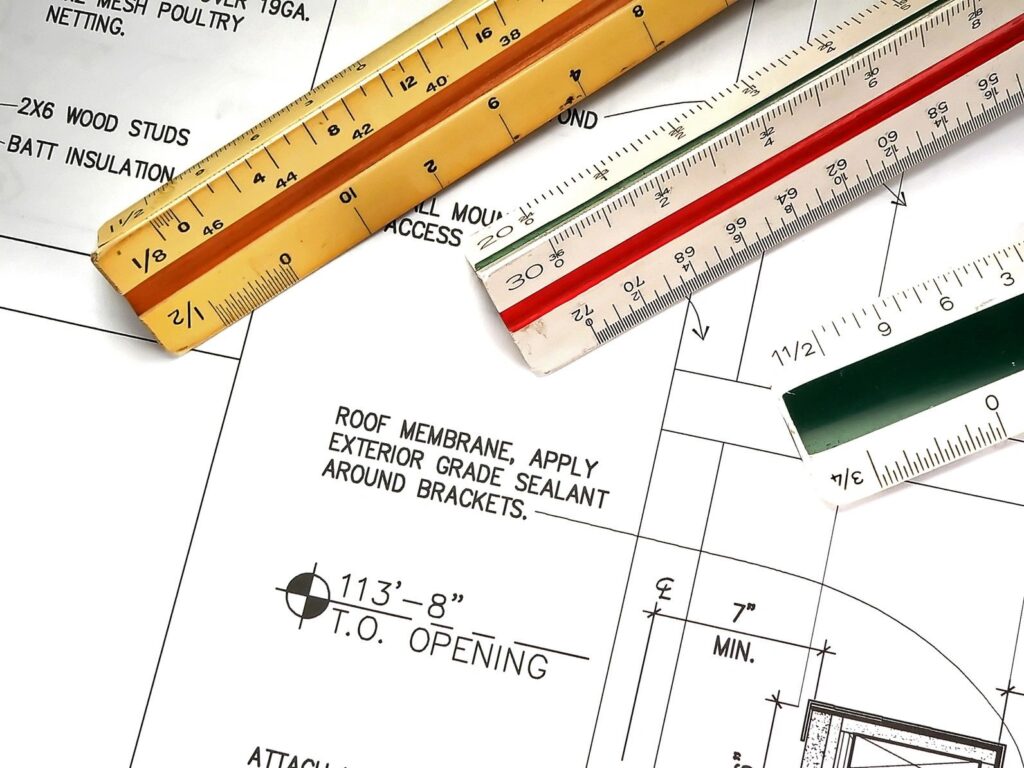Introduction
Embarking on a construction project can be an exciting yet complex endeavor. From small home renovations to large-scale commercial developments, careful planning is the foundation for a successful construction project. This blog aims to provide you with essential tips and guidelines to help you plan effectively, stay organized, and achieve your project goals.
Define Your Project Scope and Goals
Before starting any construction project, it’s crucial to clearly define the scope and goals. Determine the specific objectives, desired outcomes, and timeline for completion. Consider factors such as budget, functionality, aesthetics, and sustainability. Documenting these details will serve as a roadmap for the entire project and ensure everyone involved is on the same page.
Assemble a Competent Project Team
Building a competent and collaborative project team is vital to the success of your construction project. Identify and engage professionals such as architects, engineers, contractors, and suppliers with relevant experience and a track record of delivering quality work. Foster open communication, encourage teamwork, and establish clear lines of responsibility to ensure effective coordination and seamless execution.
Develop a Detailed Project Plan
Creating a comprehensive project plan is essential for organizing tasks, allocating resources, and managing timelines. Break down the project into manageable phases and create a timeline with realistic deadlines for each milestone. Identify critical dependencies and establish contingency plans to address potential setbacks. Regularly review and update the project plan as the project progresses.
Budgeting and Financial Management
Accurate budgeting and effective financial management are crucial to keeping your construction project on track. Develop a detailed budget that includes all costs, such as materials, labor, permits, and contingencies. Consider hiring a professional estimator to ensure accurate cost projections. Monitor expenses closely throughout the project and make adjustments as necessary to prevent cost overruns.
Obtain Necessary Permits and Approvals
Compliance with local regulations and obtaining the necessary permits and approvals is a fundamental aspect of any construction project. Familiarize yourself with the applicable building codes, zoning regulations, and environmental requirements. Engage with local authorities, obtain permits in a timely manner, and ensure all necessary inspections are scheduled and conducted as required.
Procurement and Resource Management
Effective procurement and resource management play a significant role in the success of your project. Develop a procurement strategy to ensure timely delivery of materials and equipment while maintaining cost efficiency. Build relationships with reliable suppliers and subcontractors. Monitor resource utilization closely to avoid delays and minimize waste.
Risk Management and Contingency Planning
Construction projects inherently involve risks and uncertainties. Identifying potential risks and developing mitigation strategies is crucial for minimizing disruptions and protecting project outcomes. Regularly assess risks, communicate them to the project team, and establish contingency plans to address unforeseen events or changes in project requirements.
Communication and Stakeholder Engagement
Clear and consistent communication is essential for a successful construction project. Establish effective channels of communication within the project team and with stakeholders such as clients, subcontractors, and local authorities. Regularly update all relevant parties on project progress, address concerns promptly, and seek feedback to foster transparency and maintain positive relationships.
Conclusion
Planning a successful construction project requires careful attention to detail, effective coordination, and proactive management. By defining project goals, assembling a competent team, developing a detailed plan, and implementing sound financial management practices, you can set the stage for a smooth and successful construction journey. Remember to adapt and adjust your plans as needed throughout the project and embrace the challenges and opportunities that arise. With proper planning and execution, your construction project will be on track for a successful outcome.

